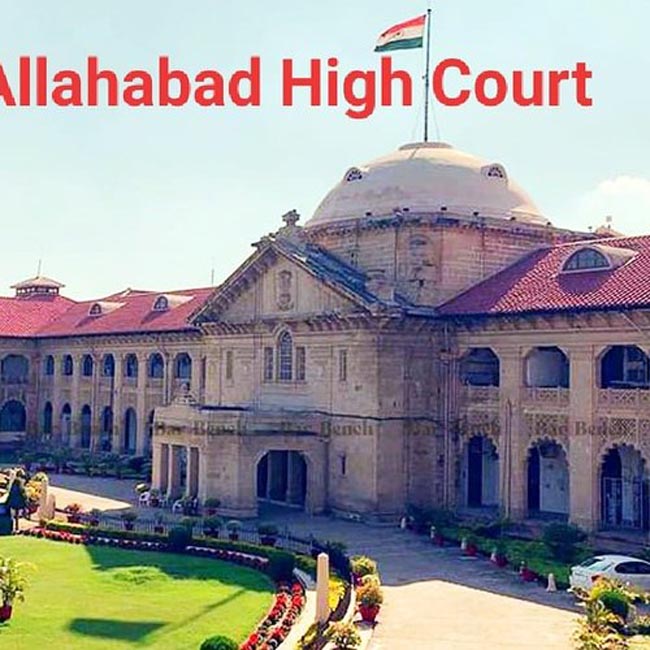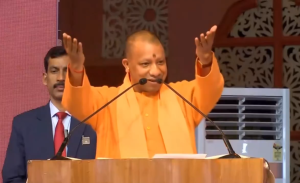Prayagraj, 14 March: In a recent decision, the Allahabad High Court ruled that the UP Conversion Law applies to both marriage and live-in partnerships. Justice Renu Agarwal made the comment while dismissing an interfaith couple’s request for police protection.
The court ruled that conversion is necessary not just for the purpose of marriage, but also in other situations similar to marriage, and so the Uttar Pradesh Prohibition of Unlawful Conversion of Religion Act, 2021, applies to marriages and live-in relationships as well.
The Act, which went into effect on March 5, 2021, required interfaith couples to seek conversion under its terms, according to the court.
In the present instance, none of the petitioners has filed an application for religious conversion under Sections 8 and 9 of the Act, it stated. The court also referred to the explanation for Section 3(1) of the Act, which states that no person shall convert or attempt to convert another person from one religion to another through the use or practice of misrepresentation, force, undue influence, coercion, allurement, or any fraudulent means. No one shall abet, persuade, or collude in such a conversion. It states that conversion by solemnization of marriage or connection in the type of marriage on the basis of considerations shall be regarded incorporated, the court added.
Petitioners have not yet sought for conversion under the terms of Sections 8 and 9 of the Act, thus their relation cannot be safeguarded in violation of the law, the court stated. The legislation is unequivocal, and it requires conversion not only in situations of inter-caste marriages, but also in marriage-like partnerships. “Hence, Courts should refrain from embarking upon the interpretation of law in any sense when the law is very explicit,” it went on to say.
Justice Agarwal also cited a Supreme Court judgment in a relevant case, which said that a couple must be of legal age to marry, eligible to enter into legal marriage, including being unmarried, and have been analogous to each other for a long amount of time.
In its March 5 judgment, the high court stated, “No proof of joint account, financial security, joint property, or joint expenditure is presented before this Court. Petitioners have not sought for conversion yet.”
Denying protection to the inter-religion duo, the court stated, “To date, no FIR has been filed by the parents of any of the petitioners, so there is no challenge to petitioners’ relationship.”




